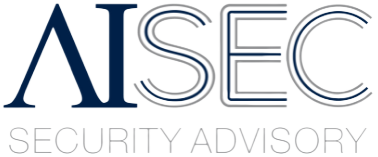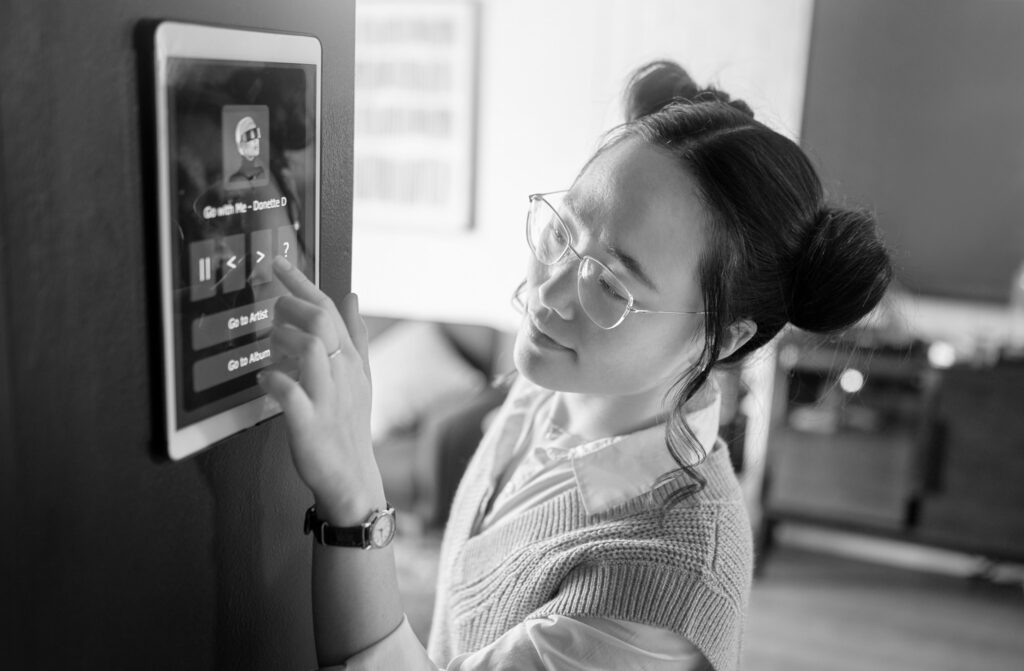The various cyber-risks
There are many different types of threats and risks online, and it’s important to be aware of them in order to be safe and protected. There are viruses and malware which can be downloaded onto your device from unsafe sources, email scams and phishing which target your passwords or sensitive data, cyberattacks on remote infrastructure and many different forms of attacks. And this is all made even easier for the attackers by our usual weak safety practices, especially when working from home or even from personal computers.
Using weak passwords and having the same password for everything can be very dangerous, especially when using them for both personal and work programs. Not protecting sensitive files, not having a password for our devices even when living with children or other people who can access that device, using basic unprotected home wifi networks which are much easier to hack, not having a virus protection software installed – these are all things which make the job easier for the hackers and leave us more exposed and vulnerable.
Why is working from home more dangerous?
Due to all the risk factors mentioned above, the home office can be much more dangerous when considering cyber-risks. This is because we all tend to try and make our lives easier, and this sometimes comes at the expense of safety and security. It’s easy to just give your child your tablet or phone to play a game, to trust your teenager to use the device safely, to trust yourself when opening and sending emails, but there are always risks which cannot be foreseen and bad things can happen even when we are trying to be careful. At the office, especially in a big company, there is a whole IT department taking care of security risks, keeping your software up to date, protecting the internet connection and watching over what is being done on the network. They are professionals who have much more knowledge than the ordinary employee, and their jobs are made easier by the fact that everyone is in the company, on their own work laptops, with no other people able to access their information and work files.
When switching to the home office, the IT department can continue to try and help employees, advise on good safety practices and monitor the software and platforms people work on, but their help becomes more limited. With so many people working from so many different and weak networks, using the same devices for work and personal tasks, not encrypting files while sending emails and a thousand different things – the company IT support can only help so much.
Another factor is the mental and emotional state of employees, if they are tired or distracted, and therefore prone to more mistakes. Many people have found the home office more exhausting, and sitting in front of zoom all day is harder than meeting people in person. There are other people working from the house, children playing or pets needing to be walked or fed. This can lead to lower attention to details and more mistakes. And it doesn’t have to mean huge oversights, it can be simple mistakes of saving wrong files and not formatting your work, but which can lead to more complications or risk the security of certain files.
How to be safe and vigilant
This is why it’s important to learn some good practices and upgrade your own cyber safety and security. Such good practices can help you stay safe at work, but also at home, and this will be of great help for personal internet and social media use as well. As a first step, it’s important to use good antivirus software on your devices – this can protect you from many threats and help you avoid losing your sensitive information or ending up with spyware on your laptop. Secure your home wifi network with a strong password, lock your device when it is unattended and try to keep your family members away from your work files. Use strong passwords and avoid using the same password for more accounts, or maybe try a password manager tool to help you remember them and to keep them safe. You can also use a camera cover for your laptop to protect you in case of any spyware which could record you. Many new laptops already have a camera slider built in for this purpose.
Most importantly protect your online banking and similar crucial information. It’s one thing losing your photo editor account password or something irrelevant, but another completely if your bank details or sensitive personal information are at risk.
Staying safe online is an important skill to learn, both for work and for our personal lives. Always be vigilant and don’t open any suspicious links or emails, be careful who you share information with, stay smart when accessing online sources and maybe invest in a good antivirus software to keep yourself protected at all times.
Some extra sources:
https://www2.deloitte.com/dl/en/pages/legal/articles/sicherheitsrisiko-homeoffice.html
https://www.kaspersky.co.in/resource-center/threats/remote-working-how-to-stay-safe
https://dataprivacymanager.net/security-risks-of-working-from-home-in-the-time-of-covid-19/







 Cookie/Privacy Settings
Cookie/Privacy Settings